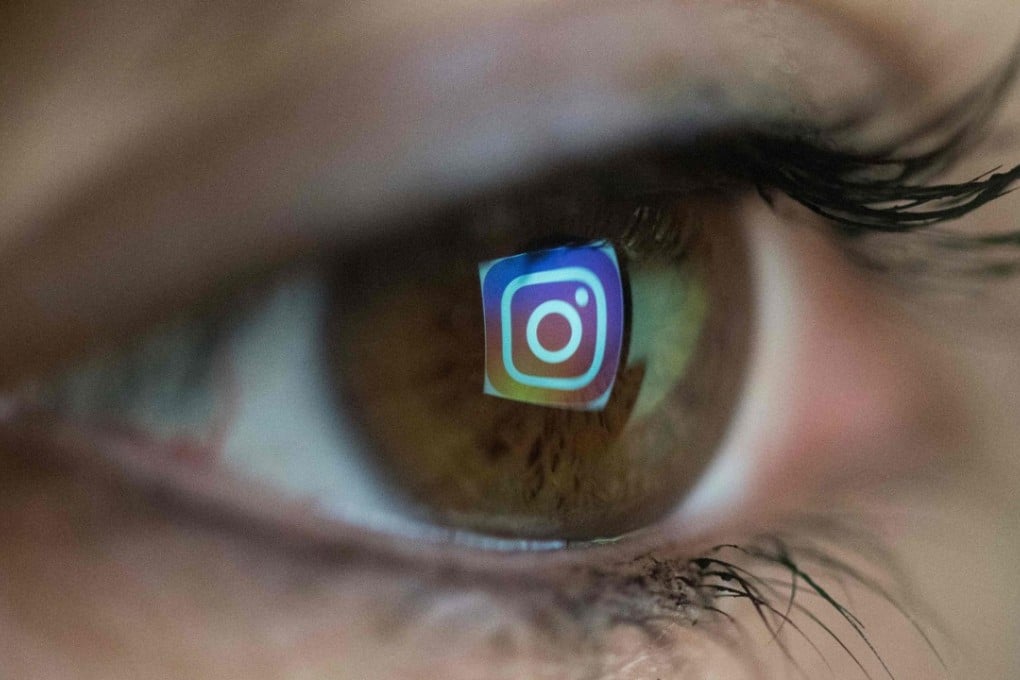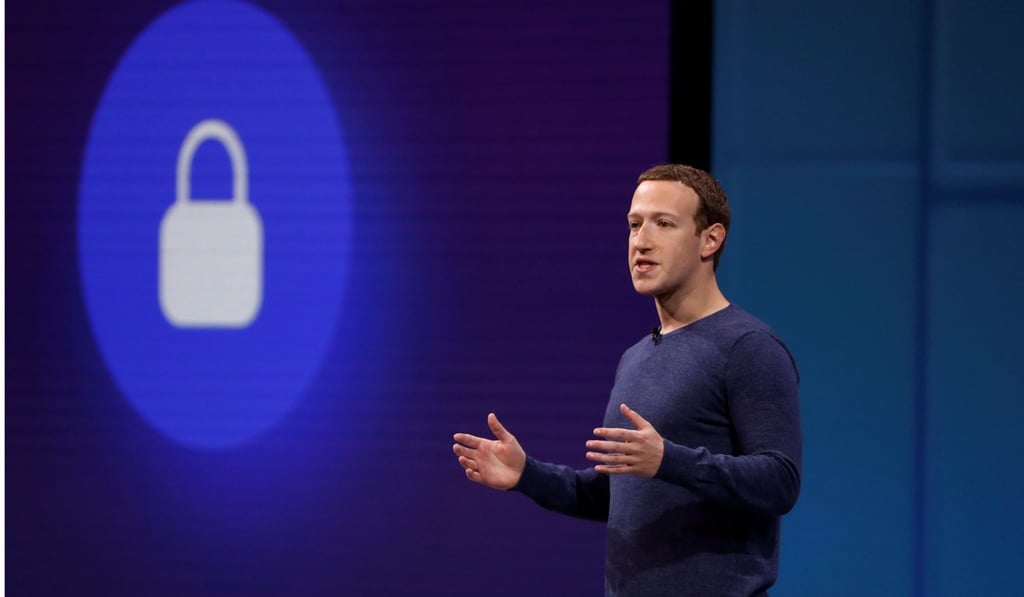Time limits for Facebook and Instagram users: will they work? It’s doubtful social media giants really want us to use them less
Your Time on Facebook and Your Activity on Instagram will show how much time you spend on the apps and let you set daily time limits. But there’s no evidence yet that they’ll change behaviour, and new settings only go so far

Brace yourself: Facebook is going to tell you exactly how much time you spend – or is that waste? – on Facebook and Instagram.
New settings called Your Time and Your Activity will begin rolling out updates to the Facebook and Instagram apps, respectively. Tap into them, and you’ll see a dashboard with how much time you spent using each app over the last week and also get the chance to set up self-imposed daily time limits.
A “daily reminder” pop-up with a pause icon will let you know you when you’ve gone over.
It’s like the calorie counts on the Cheesecake Factory menu, if they also came with a wag of the finger when you top 3,000 calories. The new controls are the most visible step yet by Facebook to address growing concern that its apps are too good at sucking us in – and create unhealthy habits or even depression.
But how committed is Facebook really to getting all of us to spend less time on Facebook? Chief executive Mark Zuckerberg has lately proclaimed he is interested in making sure our time is “well spent”. Yet he has incentive to keep us hooked: Facebook makes more money when we spend more time looking at ads and feeding it more data.
